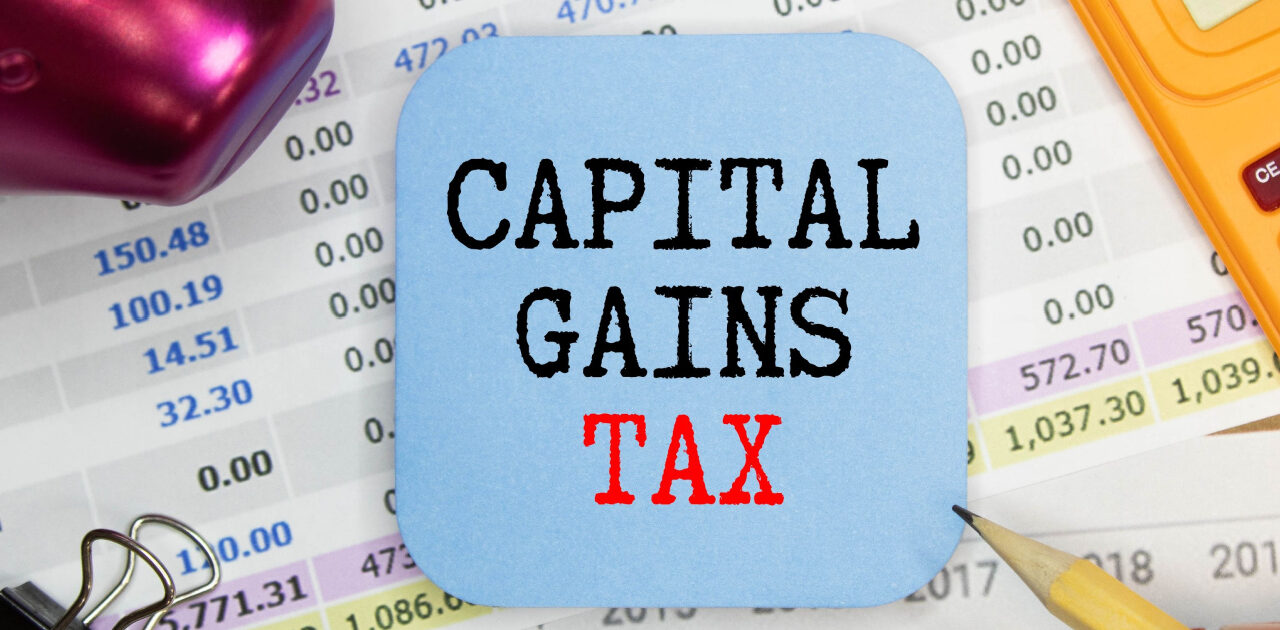
Do You Let the Capital Gains Tail Wag the Investment Dog?
No one likes to pay taxes. For many investors, that disdain for paying taxes may rise to the level of hesitating to sell an appreciated asset regardless of the compelling investment sense of doing so. This tax-induced reluctance introduces two potentially costly consequences. How can investors rationally manage the aversion to paying taxes?
To view the full article please register below:
Do You Let the Capital Gains Tail Wag the Investment Dog?
No one likes to pay capital gains taxes. For many investors, that disdain for paying taxes may rise to the level of hesitating to sell an appreciated asset regardless of the compelling investment sense of doing so.
This tax-induced reluctance introduces two potentially costly consequences: the risk of future price declines and the forgone opportunity of redeploying funds into a new investment that may have a better future return potential.
So, how can investors rationally manage the aversion to paying taxes?
Three Considerations for When to Sell an Appreciated Asset
Here are three key questions that investors should ask themselves to help overcome the emotional resistance to selling stocks simply because they want to avoid paying capital gains taxes.
- Would I be a buyer of this stock today?
A stock’s price rise is vindication of the original decision to buy. However, what matters more now is whether the company remains an attractive investment or if there are other companies with better growth prospects.
If an appreciated stock has below-average prospects or better long-term opportunities exist elsewhere, then it may be time to sell some or all of an appreciated holding, regardless of the tax bill generated.
- Does this asset still fit my investment profile?
Investment objectives and risk tolerance change over time. There may come a time when a stock no longer fits an investor’s profile or needs. That signals the time to sell.
- Does it represent too large a share of my overall portfolio?
A successful investment can grow to become a disproportionate share of an investor’s portfolio, introducing concentration risk—a risk that can be reduced through trimming the holding.
Four Ways to Mitigate the Tax Impact
- Harvest tax losses. Taxes owed on realized gains can be reduced by selling other positions that harbor losses.
- Donate appreciated property to a charity. Individuals can donate appreciated stock to a qualified charity and receive a tax deduction for the full market value of that stock and avoid owing capital gains taxes.
- Spread the sale over multiple years. By selling appreciated stock over multiple years (e.g., Dec. 30, 2022, and Jan. 2, 2023), the tax bite can be less painful.
- Don’t sell prior to the gain becoming a long-term capital gain. Some gains are made in a very short period of time, in which case they may be subject to the higher ordinary income tax rate. This may be avoided by holding the investment for more than one year, though waiting puts those unrealized gains at risk.
Investors facing this capital gains tax dilemma may want to discuss strategies that work for their individual situations with their financial advisor.
Please reference disclosures: https://blog.americanportfolios.com/disclosures/











